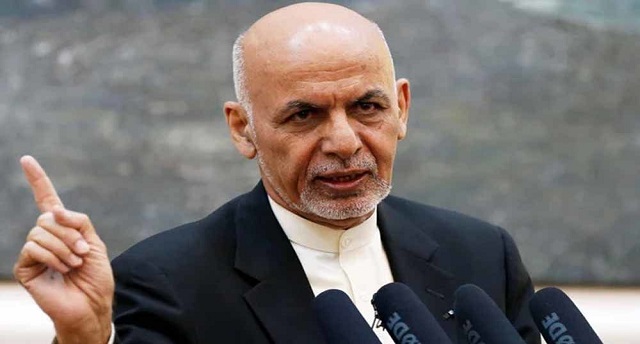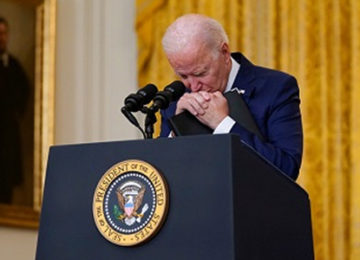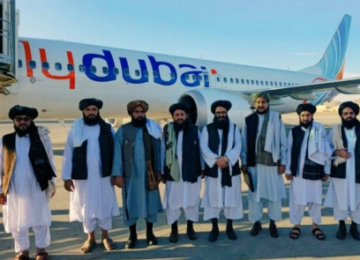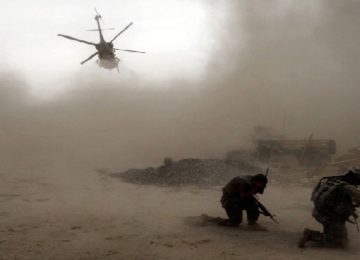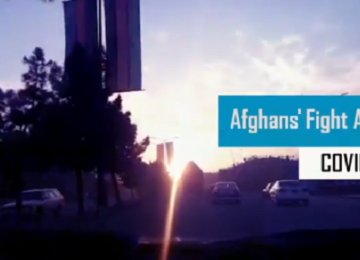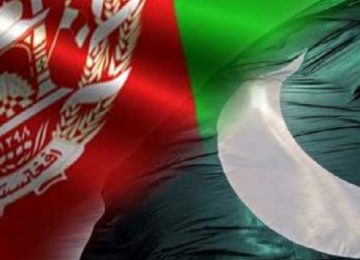August 6, 2019
Mr. Ghani says Afghans have a “quite simple” choice on the future government, and that is an Islamic republic.
As senior negotiators from the United States and the Taliban are discussing a potential peace deal in Doha aimed at finding a political settlement to the ongoing conflict in Afghanistan, President Ashraf Ghani, whose administration has been out of the recent talks, on Monday August 5, 2019 reiterated that Afghans’ position on Islamic republic remains clear and that there is no alternative for it.
On Sunday, Agha Jan Mutasim, former member of Taliban’s political commission in Quetta and finance minister during the group’s regime in Kabul, in an interview with TOLOnews suggested that in order to create a political system, acceptable to all, there is a need to establish a political system which is a mixture of Islamic emirate and Islamic republic.
“I suggest this system as the emirate of the Islamic Republic of Afghanistan in which values of the republic system and the emirate system are reflected,” Mr. Mutasim said.
But, Mr. Mutasim’s statement sparked a strong backlash from members of the Afghan parliament and President Ghani who has persistently said that the protection of an Islamic republic will be his government’s red line in talks with the insurgents.
“The choice is quite simple. Republic or emirate?” Mr. Ghani asked a crowd of Afghan women in Kabul. “Republic, republic, republic,” Mr. Ghani replied.
Lawmakers in Afghanistan’s parliament said Afghans have “bitter memories” from the Taliban’s Islamic emirate and that they will “never accept” the return of such a government.
“The Islamic emirate has never addressed the social needs of the people nor their political needs and people’s Islamic needs,” said Atta Mohammad Dehqanpor, an MP from Herat.
Taliban after taking over the country changed the political system into an Islamic emirate. Only three countries, including Pakistan, the United Arab Emirates, and Saudi Arabia, had recognized the Taliban’s government which ruled over Kabul from 1996 to early 2001.
Source: TOLO News.
Disclaimer: Views expressed on this blog are not necessarily endorsed or supported by the Afghan Studies Center and Center for Research and Security Studies, Islamabad.



